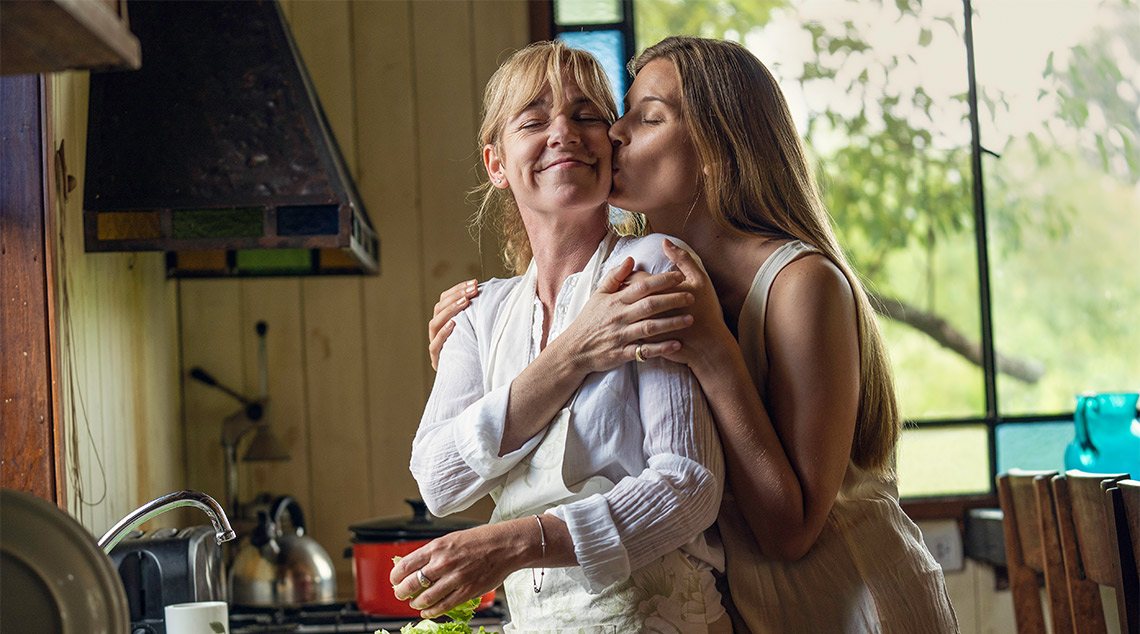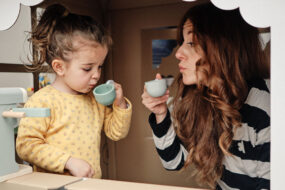The pros and cons of living with your parents as an adult
Thinking of moving back home (or staying put) to live with your parents? Experts say there are both pros and cons to cohabitation.
It’s hard to miss the constant references to the cost of living crisis currently gripping Australian households.
The prices of groceries and clothing are up, housing is hard to come by and work, especially for young adults, is increasingly insecure.
Experts say this confluence of factors, as well as the residual effects of the COVID-19 pandemic, are driving people in their 20s (and sometimes even in their 30s) back to the family home.
“The main reasons for moving back home I, and our members, come across in private practice are financial pressures and relationship breakdowns,” psychologist and CEO of the Australian Psychological Society Dr Zena Burgess says.
“Young adults are suffering through the cost of living crisis, unable to afford housing or even a room at a shared house.”
Why we’re living with our parents for longer
It’s been well documented that adults today take longer to establish their independence than previous generations.
According to Australian Institute of Family Studies senior research fellow Dr Lixia Qu, a prolonged period of time in education, a rise in casual or part-time jobs, and the usual experiences associated with transitioning into a full-blown adult (such as break-ups and financial difficulty) are keeping us at home for longer.
“In the past, a high-school leaver could expect to get a job with a decent income that could support a family,” Dr Qu says.
“There was more manufacturing work back then, while today, the job market is more skills-based, and there are also service-based jobs, which are far more precarious and paid less well.”
Kate*, a 32-year-old engineering student, says she moved back home a year ago due to the financial challenge of having to juggle university and work.
She says she lives with her parents “more out of necessity, rather than merely as a way to save money”.
“It’s hard to find a full-time job that is compatible with uni, so I have limited options,” Kate explains.
What are the cons of living with parents?
A recent Australian study examining cohabitation of parents and young adults found young adults living with parents had poorer mental health than those living independently.
The authors attributed several factors to this, including feeling stuck due to lack of housing availability and affordability, as well as a cultural element present in many Western nations, which historically valued independence and sees dependence on the family home and resources as failure.
While Kate says living with her parents isn’t all bad – she gets free dinners and a degree of emotional support – she finds the loss of privacy most difficult to handle.
“(My) parents are always aware of where I am, and my personal boundaries are continuously being crossed,” she says.
“They come into my room without knocking, they ask where I’m going, and when I’ll be home.”
What are the pros of living with parents?
Dr Qu points out living with parents isn’t all bad.
“Being back together can lead to close bonding between two generations, as well as emotional support and tolerance,” she says.
“Yes, generations may have different attitudes towards lifestyles and experiences, and sometimes these can come into conflict.
“(But) living together again can be a healthy experience, as it provides companionships, support and helps to save money.”
Why setting boundaries at home matter
Dr Burgess says before moving back home, it’s important for both parents and children to establish boundaries and have a conversation on how the situation will look.
“Being a good parent is different for a 10-year-old, a 20-year-old and a 30-year-old,” she says.
“It’s important to establish expectations for how the living arrangements will look now that the child is an adult.”
Dr Burgess adds that infantilising a young adult child can lead to them losing confidence in their abilities to make decisions, as well as lead to conflict.
*Name changed to protect privacy.
More on living together, and making it work:
- Living with your ex: is it crazy or can it work?
- Why more Aussies are embracing share house living in later life
- How multi-generational living can work for everyone
- Emotional escape rooms: How to create your happy space at home
Written by Caroline Zielinski.






